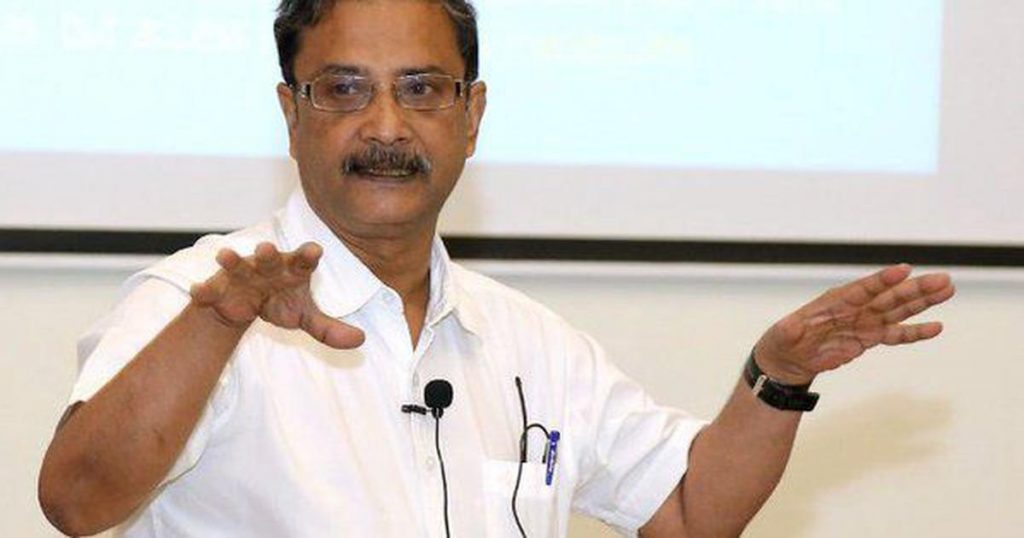Dr Amit Sengupta, a public health and people’s science movement (PSM) activist, who was the convener of Jan Swasthya Abhiyan, passed away yesterday after he met a tragic accident while holidaying in Goa. He was also the founding member of People’s Health Movement (PHM) at its creation in 2000 in Savar, Bangladesh. In his long association with the PSM he discharged many duties and led the All India People’s Science Network (AIPSN) as its General Secretary, from 2008-2010.
Recently he had led an important contingent of health activists to Dhaka, for the People’s Health Assembly, held there, which was preceded by the National Health Assembly in September, 2018. More than 1400 people from around 73 countries came together to share their struggle with co-ordinated action for health and social justice.
He has left a long legacy of contributions in analyzing and confronting challenges pertaining to the public healthcare nationwide and globally but broadly his efforts can be summed up in three major areas.
First, in spearheading People’s Health Movement (PHM) both nationally and globally (whose result was People’s Health Assembly which took place recently in Dhaka, Bangladesh).
Second, as he was an expert of drug policy, he had good command over trade of pharmaceutical companies, combination of drugs, pharmaceutical pricing and especially on international monopoly which denied universal health coverage.
Third, in Intellectual Property Rights and Patents. His standpoint and argument in “National Working Group for Patent Law” which had framed the Trade Related Intellectual Property Rights (TRIPS) bill which later got nod of the UPA-1 government in 2005, was a colossal move. While framing the bill, Dr Sengupta’s, 11 amendments inserted into the bill saved India from toeing down on dictates of World Trade Organization (WTO). As result of this, today, Indian protection on patent is unique in the world.
Dr Amit Sengupta trained as a medical doctor, dedicated his life to the struggle for universal access to health working on issues related to public health and led research projects in association with several civil society platforms.
A speaker in several national and international platforms, he was also a grass-root activist, spending time in the cause of the people, whether in Ambedkar Nagar in Delhi or in Nepal.
He is survived by his wife Tripta and son Arijit, a college student.
It can be said, Dr Amit Sengupta was among rare and last set of leaders in the people’s science movement who had a perfect blend of intellectual-ideological leadership with the organizational leadership.
















